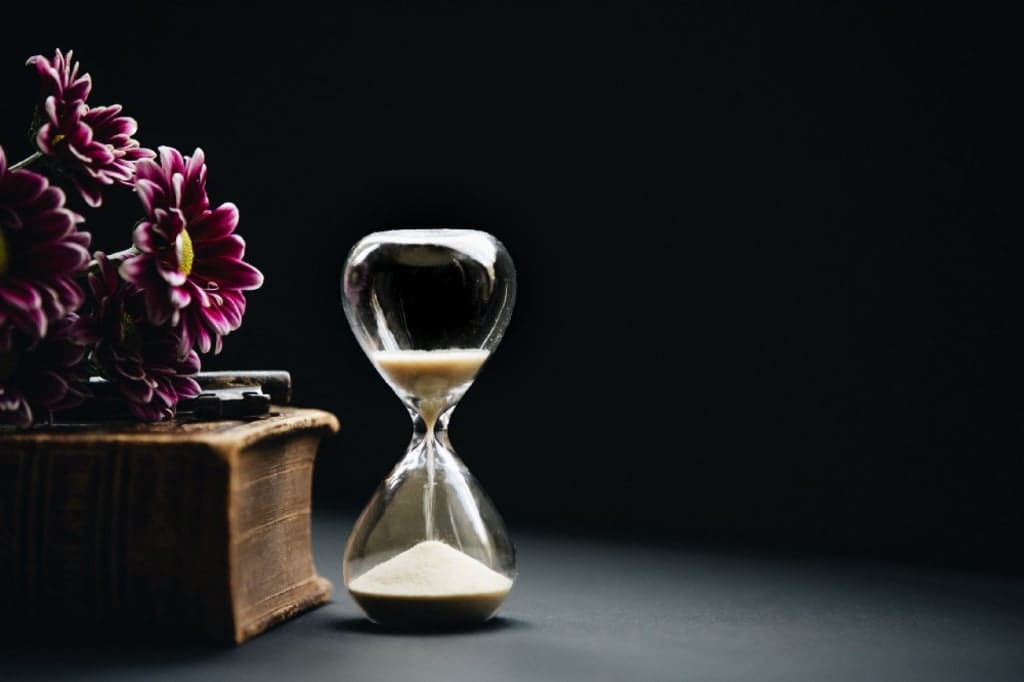
Minimalism is the practise of intentionally limiting one's possessions to only those that are absolutely necessary. It entails having and being surrounded by less belongings so that you can make better use of your time and life in general.
Living frugally allows you to spend less time and money on material possessions and focus your energy on actually living.
Minimalism isn't about getting rid of your possessions. It's also not about depriving yourself of certain life experiences that bring you joy and happiness.
Minimalism is a philosophy that emphasises the most important aspects of one's life.
It entails getting rid of things that aren't valuable. And by doing so, you make more room in your life for the things that matter to you.
Don't think of minimalism as a form of self-denial. It's all about independence. It's not about getting rid of things just because they aren't useful. To be honest, minimalism is all about learning to be content with less. If you're happy with what you have, you're less likely to want to pursue more.
A simple life allows us to break free from the shackles that material possessions impose on our lives. Minimalism, in this sense, stands for liberation from materialism.
Maybe you'd like to live a more minimalist lifestyle but don't know where to start.
Follow the simple steps below to become a minimalist.
1. Establish your own set of rules.
First and foremost, when it comes to minimalism, there are no hard and fast rules.
Everyone's journey is unique. For some, living a minimalist lifestyle entails owning only a few items, while for others, it's all about how much space they take up in the world.
Some people opt for smaller living arrangements, such as living in a tiny house or studio apartment with few amenities, for this and probably other personal reasons.
That's one of the most appealing aspects of minimalism. Although minimalism varies from person to person, it allows you to examine your own life and decide for yourself what minimalism means to you. To put it another way, make a set of rules that you can actually follow.
Minimalism does not always imply decluttering or living in a cramped space. The point is to figure out what your primary objectives are. So, however you define it, make sure it's something you can achieve and maintain for the rest of your life.
2. Begin with a blank slate.
We don't like to admit it, but there are a lot of things in our homes that can only be described as junk. They are merely occupying space and serve no purpose. Consider the box your package arrived in, the broken items you promised to fix but didn't, or the clothes that no longer fit you.
These items are a waste of space, and minimalism is all about making the most of the space you have. So the best thing to do is to get rid of or give away anything you don't need.
3. Evaluate your life
Analyzing your life is perhaps the most important step toward becoming a minimalist. This allows you to determine what matters most to you, as well as determine which aspects of your life add value and bring happiness and meaning to your life. You can also set your priorities straight by doing so. It's also much easier to start the process of minimization once you have a clear understanding of what's important. It may be more difficult to adjust if you don't understand why you're getting rid of something. Make a list of the most important items to begin with. With time, you'll be able to add more priorities to your list.
4. Take inventory of your belongings
After you've established your priorities, you should examine your material possessions. Consider everything you own and whether it is in line with your priorities. Determine whether they add value or create unnecessary mental clutter. Don't get me wrong: these things are nice to have, but if you take a good look at yourself, you'll probably find that they don't add much to your life. Take the time to make a list of items that you consider inessential or of low value, and then start getting rid of them one by one, a few each week, and so on.
5. Examine how you spend your free time.
In today's fast-paced world, it's easy to become so engrossed in your work that you forget to take care of yourself. This not only causes you to burn out, but it also has a negative impact on your physical and mental health. You're neglecting your needs when you prioritise other things over time for yourself.
Your career will last a lifetime, but your health will not. It's not just about getting rid of physical clutter when you become a minimalist. It's also about removing time-consuming activities from your life.
Take some time to consider all of the things you do with your time and determine what you truly enjoy. Check to see if your commitments align with your priorities. After that, see how you can cut down on the pointless activities. Take it one step at a time. It's better to get rid of one bad habit at a time rather than trying to deal with several at once.
Keep in mind that the memories and experiences you have with the people you love will be what you remember about your life, not all those nights you spent working hard for that paycheck.
6. Take a look at the people in your immediate vicinity.
The people you associate with have a significant impact on your life. As a result, it's only natural to want to associate with people who are upbeat and encouraging. Simultaneously, you must identify the toxic individuals who spread negative energy and waste your time.
People have the power to either bring us down to their level or raise us to theirs.
You'll be the type of person who shapes his or her own future if you hang out with a group of successful, positive people who believe in taking responsibility for their lives.
If you spend too much time with pessimistic people who believe that the world is out to get them and that there is nothing worthwhile in life, you will eventually fall into a negative spiral.
As a result, it's critical for us to recognise that the people we hang out with have an impact on the kind of people we become, and that we must keep our distance from those who do not elevate us.
7. Don't multitask.
Many people believe in multitasking and take pride in it, but this is not the case. There are a plethora of scientific studies that show the human brain is incapable of multitasking. We have no choice but to switch from one activity to the next, which significantly reduces our productivity.
Don't make your life more difficult by trying to do too many things at once; instead, concentrate on one thing at a time. Remove all distractions and focus solely on the task at hand. This will improve your concentration and help you perform better at work. Minimalism is all about paying more attention to what's truly important.
8. Make a list of your objectives and goals.
The goals we have inspire us and motivate us to get up every morning and keep pursuing our dreams. Our aspirations and goals have a significant impact on how we live our lives.
However, not all goals are compatible with a minimalistic way of life. That's why it's critical to assess whether your objectives remain consistent with the priorities you established at the outset. Take some time to consider the results of your goals. Is the end result worth your time and effort?
Also, you don't need to set so many goals that you'll fill your life with activities that you'll only complete halfway through. Simply select a few and concentrate your efforts on them.
9. Establish boundaries
As we strive to become minimalists, there will always be some items that we find difficult to part with. We always have something we can't live without. Yes, you'll require your phone to make calls and your laptop to conduct research or respond to emails. However, these activities should not obstruct your daily life.
They shouldn't get in the way of your work. Set clear limits on how often you participate in them and only focus on them at specific times. This will allow you to concentrate better and be more productive.
10. Begin small.
You shouldn't be discouraged by the amount of work that lies ahead of you as you begin your journey toward minimalism.
True, the changes may be significant, but they do not have to be implemented immediately. It's critical to maintain a gradual level of change when trying to make your life easier. You may be putting too much pressure on yourself if you become overly ambitious and decide to be clutter-free in a matter of days. Begin small and work your way up to a more simple and realistic lifestyle. When decluttering a room, focus on one area at a time rather than tackling the entire room at once. Choose a few items of clothing to donate or decide not to bring an item into the house that you don't need. These adjustments may be minor, but you'll be able to adjust to the idea of becoming a minimalist over time.
11. Replace instead of
Add A one-in, one-out philosophy is also important when it comes to finding the right balance in a minimalist lifestyle. This simply means that instead of buying more things, you should only replace the ones you already have. Replace anything that breaks. Otherwise, you should avoid adding to your existing collection. If you resist the urge to buy a few times, you'll soon realise that you don't need some of the things you would have grabbed in a flash previously.
Instead of adding to the pile, when you get something new, it should replace something you already have. By focusing on replacing items rather than adding more, you can keep clutter in your home to a manageable level that doesn't get out of hand.
12. Live with intention.
Living in the moment and living more deliberately are two important aspects of becoming a minimalist. And in order to do so, you must shift your focus away from the past or the future and toward the present.
You deprive yourself of the joy and power that the present brings when you choose to live in the past or the future. Remember that you can't change what happened in the past or predict what will happen in the future, but you can use the present to lay the groundwork for your future. Use your experiences as valuable life lessons in the same way.
You will be able to spend your time more meaningfully if you live more deliberately.
Simplify your life and discover the joys of living in the present moment.






Comments
There are no comments for this story
Be the first to respond and start the conversation.